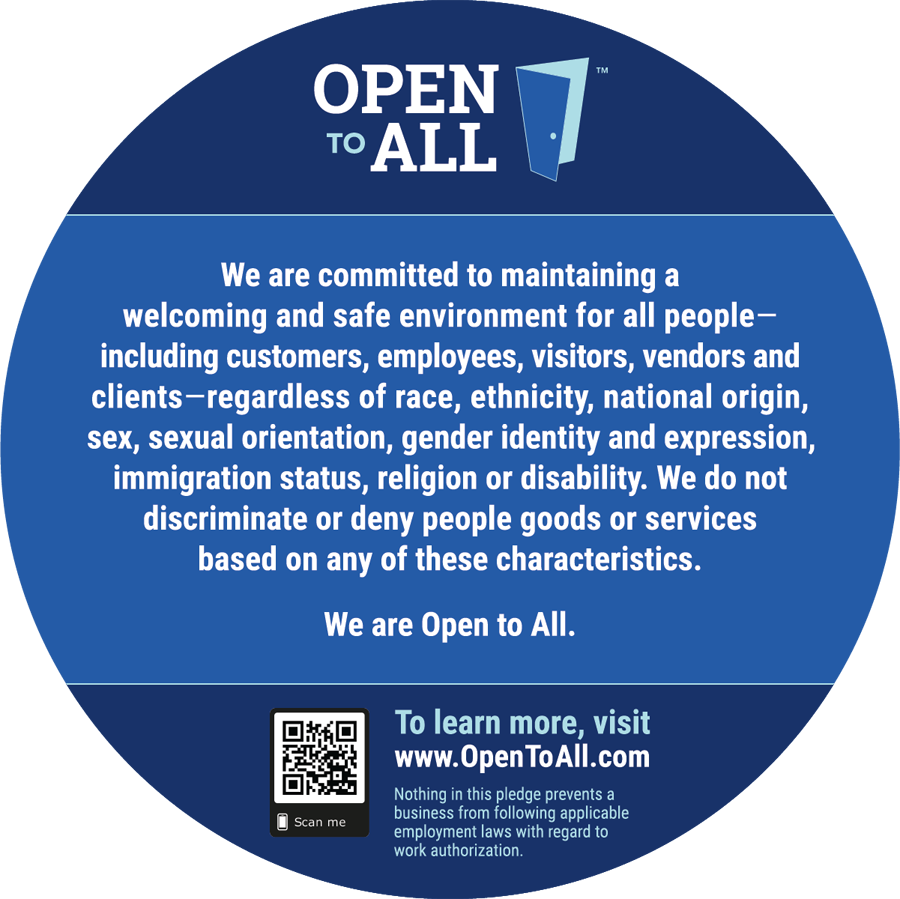The last session I attended on Thursday at Web 2.0 Expo NY was a talk by two members of Adaptive Path. Sarah Nelson is a design strategist and Bryan Mason is the former COO and currently a board member.
My Twitter notes from the session:
- The Neo-Futurists: 30 plays in 60 minutes. 2-12 new plays every week. Perform Fri, Sat, Sun for 18 years
- They also talked to the chef at Aqua restaurant in San Francisco. Previously a designer before dot com bust
- Looked at Conductor of Boston Orchestra. 100 ppl have to function as a unit. Rapid turnaround. Stable environment, low turnover
- The Job Factory. 6 Hollywood screenwriters. Loose, lightweight management system. “Marijuana-enthusiasts”
- Steppenwolf ensemble of actors. Experimental work over a long period of time
- Avenue Q, puppet musical with explicit lyrics. Talked to Bobby, composer and lyricist
- The tips: #1 Cross-train the entire team. Not everything will be your responsibility, but it will inform your own work
- #2 Rotate creative leadership. By phase or project. Doesn’t have to be by seniority. If someone has fire in their belly, let em lead
- #3 Actively turn a corner. Divergent period (open, exploring) followed by convergent period (narrowing, moving towards delivery)
- #4 Know your roles. Everyone needs to know for wha they’re responsible, to whom they’re reporting, when they come in and out
- #5 Practice as a team. Get to know each other’s strengths and weaknesses. Take risks together. Depend on each other
- 1-hr design sessions where someone brings in a project & anyone can come help work on it. Get to know diff ppl, get diff perspective
- #6 Make your mission explicit. Your creative mission. What’s the creative problem you’re trying to solve? Not just org’al or tech’al
- In kitchens: local, organic, etc. It’s a constraint; you need to be cognizant of it and work within it
- #7 Kill your darlings *softly* Be respectful and consistent. Honor the work. Lightweight speech: “parking lot” Make it a compliment
- #8 Leadership is a service. Conductor doesn’t play instrument. Chef is expediter not cook. They need to listen to their supporters
- #9 Generate products around creative interests. Do things when you want to solve the creative problem instead of just client name
- #10 Remember your audience. Variety of techniques. Get outside. Observe real people. Reflect. Continually question solutions success
- “We like to over-deliver” #11 Celebrate failure. Be creative, try lots of things, fail often. Understand why it did. Learn from it
- Instead of a post-mortem, call it an after-party!
- There’s a relationship between risk and innovation. Go big
Related Posts:
- Whit Hour – Week 10 July 6, 2010 | 0 comments
- Personas in the 2008 Presidental Election November 2, 2008 | 5 comments
- IA Summit 2008 Opening Keynote: “Journey to the Center of Design” by Jared Spool April 12, 2008 | 4 comments
- Whit Hour – Week 6 September 21, 2009 | 0 comments
- The Design Advisor: Why Every Startup Needs One March 20, 2013 | 4 comments



Your post is interesting. I like to improve my environment, I'm thankful that I found myself here. Thanks for the tips.